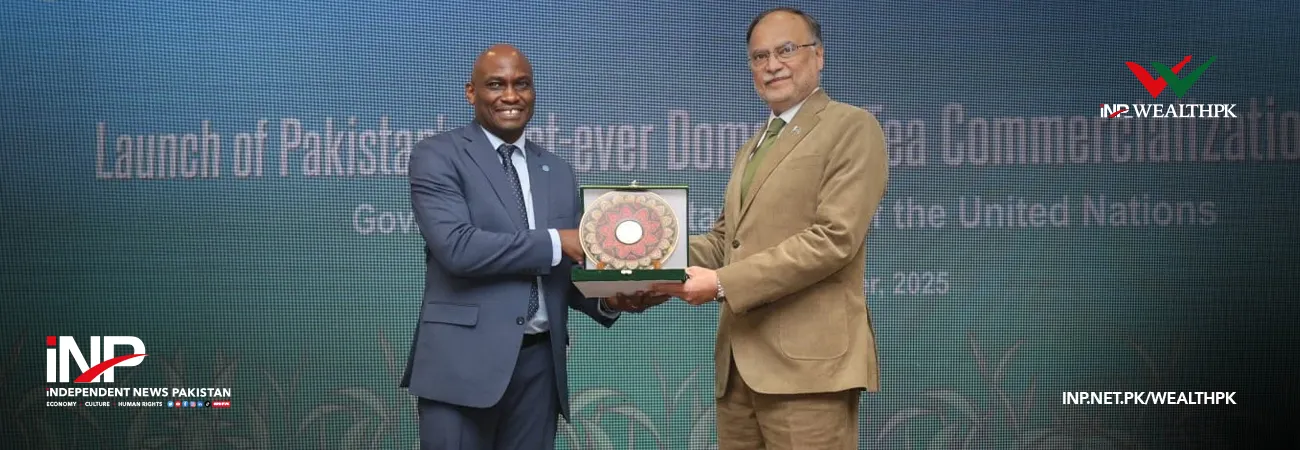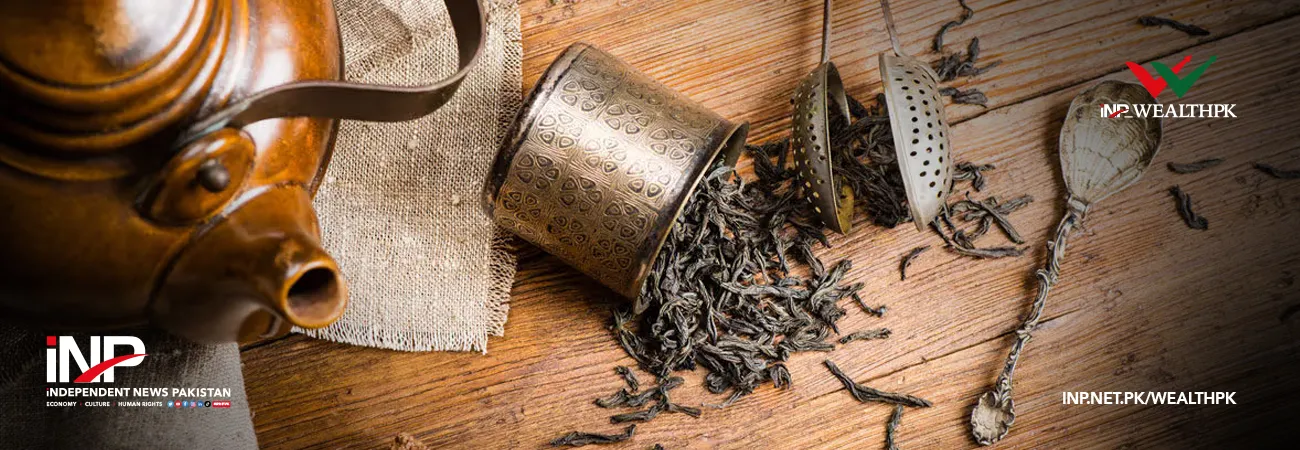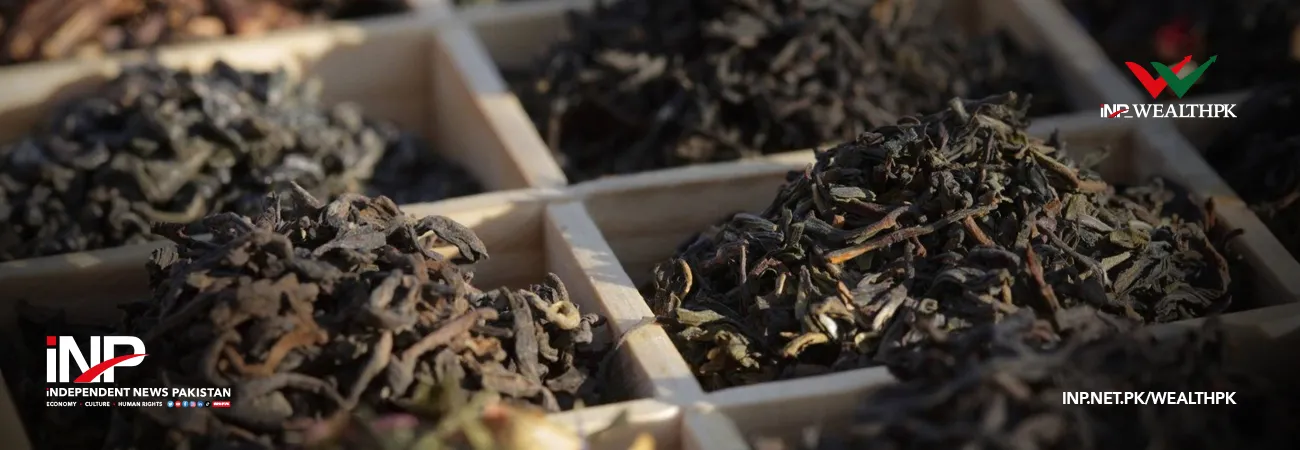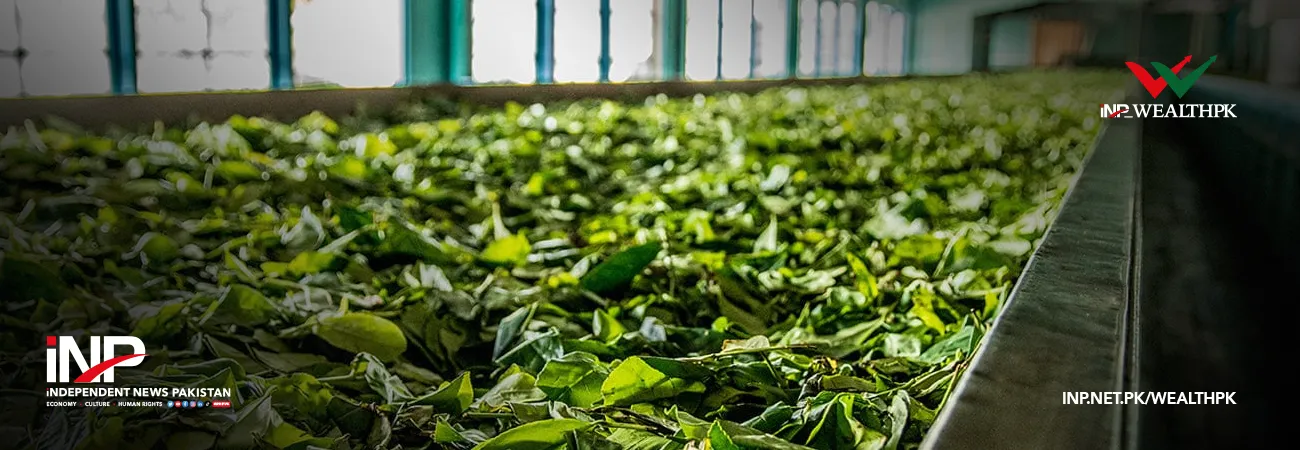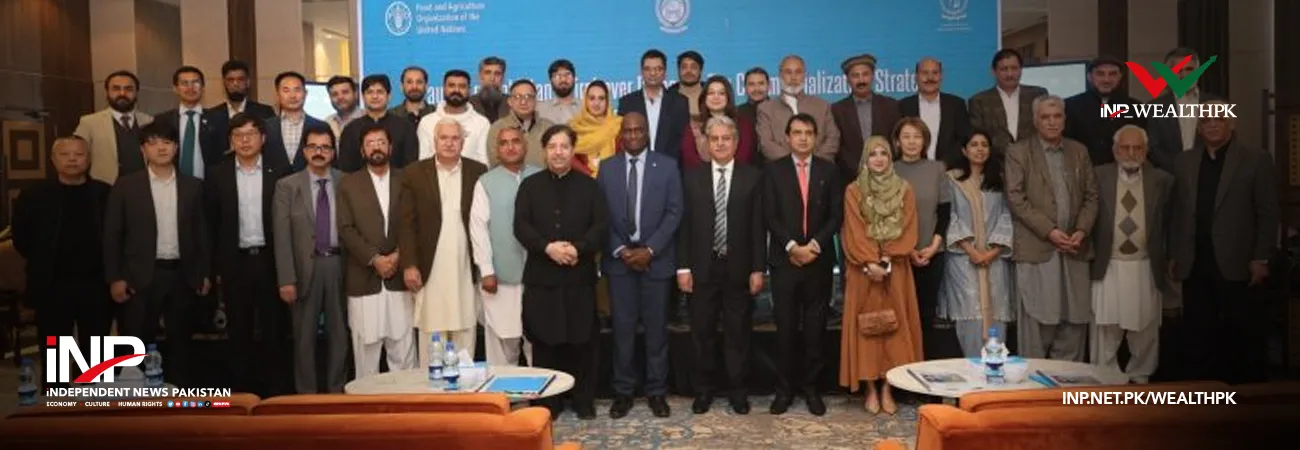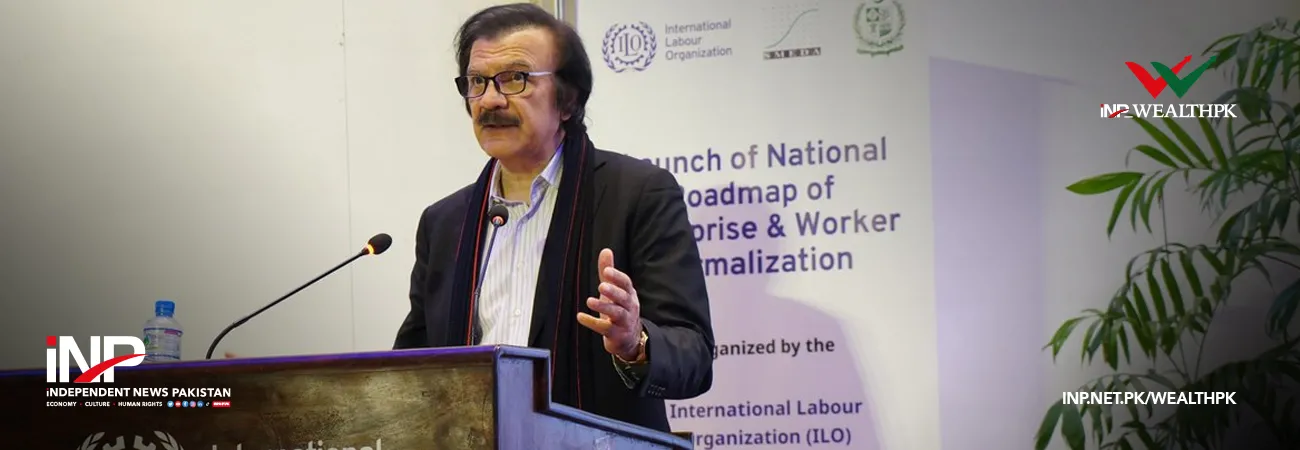INP-WealthPk
Hamza Ali
Although the Pakistan Stock Exchange (PSX) is appreciating following de-escalation between Pakistan and India and the recent disbursement of an IMF bailout tranche, small investors and business proprietors continue to remain apprehensive, reports WealthPK.

The market’s general mood continues to exhibit vulnerability underpinned by profound apprehensions about policy inconsistency, structural vulnerabilities, and prospects for long-term stability. Talking with WealthPK, Waqas Ghani, Head Officer at JS Global, attributed the PSX rally to two primary developments.
“The KSE-100 surged sharply on Monday (May 19), as tensions between Pakistan and India eased, with the benchmark index soaring by 9.5%. The ceasefire and IMF's approval of US$2.4 billion for Pakistan fueled this rally,” he explained. “The market is still very sensitive to geopolitical signals and international financial backing, as shown by this sudden upbeat mood. These kinds of events can be very helpful for a country that is constantly dealing with budget deficits and diplomatic problems because they can quickly boost investor confidence,” he said.
“Nonetheless, the inquiry into the sustainability of this optimism remains unresolved. Amidst the seemingly positive figures exists a more complicated truth, influenced by unpredictable policy decisions, fragile investor confidence, and fundamental economic disparities,” he said. “Minor investors and small- and medium-sized enterprises frequently encounter vulnerability to sudden regulatory changes, unpredictable taxation policies, and evolving trade conditions, whereas institutional investors may possess superior capabilities to maneuver through market fluctuations,” he added.
Talking with WealthPK, Syed Zafar Abbas, General Manager at Zahid Latif Khan Securities (PVT) LTD, offered a sobering perspective. “In times of rising uncertainty, inconsistent policies become a silent enemy of growth, shaking the confidence of small investors and businesses. To attract FDI and stabilize markets, Pakistan must pair strong remittance inflows with a robust export strategy anchored in long-term investor-friendly policies,” he said.
His views highlight a critical challenge for economic planners: while external developments may offer short-term relief, they cannot substitute for the hard work of building a reliable and coherent domestic policy framework. Continuing, he said, “Unexpected regulatory changes, surprise tax modifications, and imprecise policy instructions have always damaged Pakistan's economic landscape. These inconsistencies undermine corporate planning and deter long-term investment.”
“Small enterprises, in particular, are left vulnerable to these risks without the buffers and instruments that major corporations use to mitigate uncertainty. When import duties are altered overnight or documentation requirements change unexpectedly, cash flows and planning cycles are disrupted, leaving businesses scurrying to respond,” he said.
Zafar said the stock market, while generally regarded as a barometer of economic health, does not entirely reflect the concerns of ordinary investors. Many retail participants in Pakistan lack the technical literacy required to negotiate turbulent situations and react emotionally to market fluctuations.
When unexpected downturns or legislative changes undercut their investments, the damage goes beyond financial loss, destroying trust. This is the one reason why many Pakistanis continue to favor tangible assets such as real estate or gold to equities investments.
Even with these problems, analysts say there is still a way to move forward. It will take more than money or diplomatic advancements to build long-term trust. That's why policymakers need to focus on making and sticking to steady economic policies that can support growth. To do this, tax codes need to be made easier to understand, trade rules need to be made clear, and specific incentives need to be used to help the domestic industry.
Zafar’s emphasis on combining remittance inflows with a clear export plan is particularly relevant. While remittances continue to be an important economic driver, they are heavily dependent on foreign labor markets and cannot be used to replace long-term domestic productivity growth. A strong export policy, particularly the one that emphasizes value-added commodities and services, can help diversify revenue streams and lessen dependence on foreign aid and remittances.
The recent stock market bounce is a welcome relief from the flow of negative sessions that occurred earlier this year, but it should not be misinterpreted as a sign that fundamental economic risks have been addressed. The positive momentum generated by the IMF and India-Pakistan developments must now be used to launch more comprehensive structural changes that address investor concerns. Without such measures, increases like those seen on Monday may remain isolated episodes rather than evidence of a significant economic rebound.
Building investor confidence, particularly among smaller stakeholders, cannot be achieved by quick fixes alone, as pointed out by Waqas Ghani and Syed Zafar Abbas. Stability, openness, and a focus on future in policymaking are essential. This is the sole approach Pakistan can take to establish an investment climate that is resilient and ensures long-term progress and prosperity for all.
Credit: INP-WealthPk




